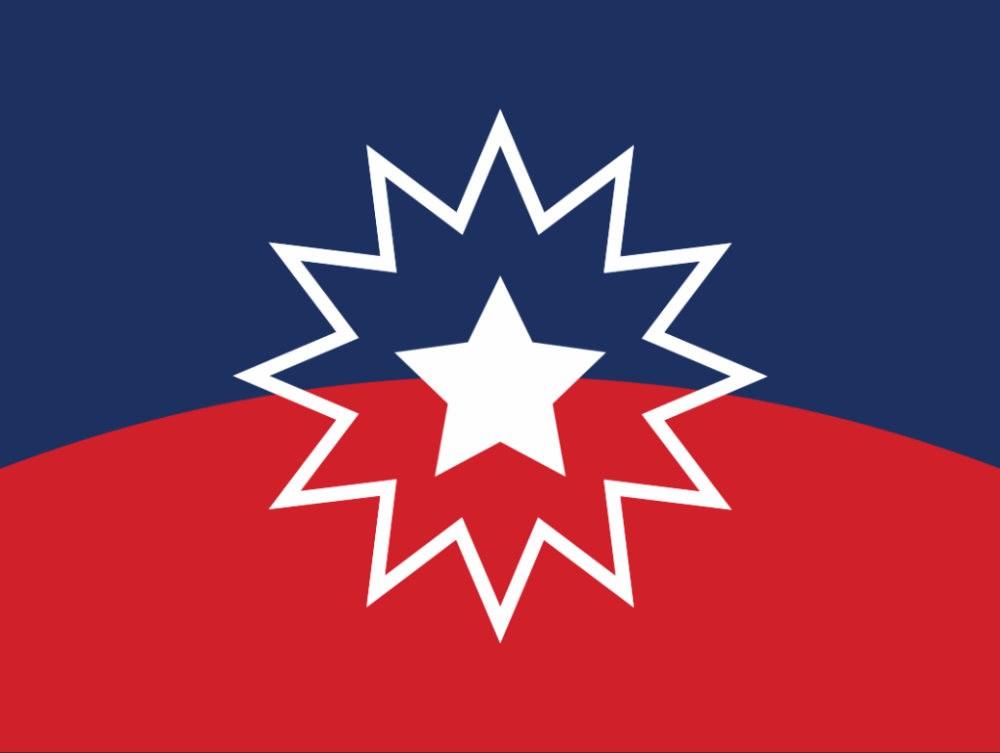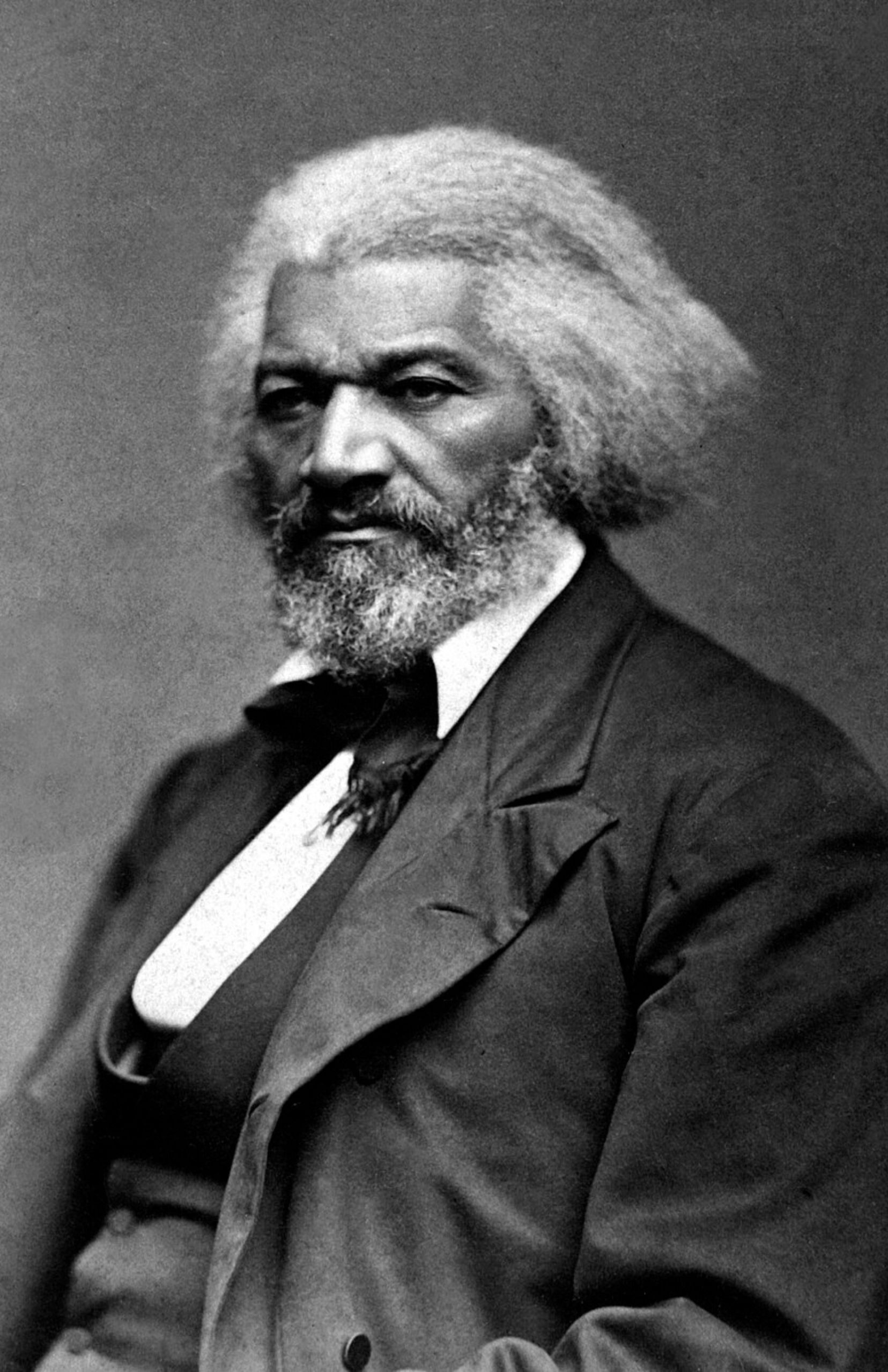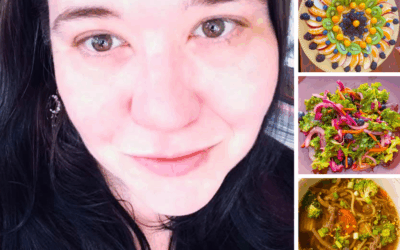By Angela Zhang & Sara Glennon
Juneteenth is both an opportunity to honor past and present efforts to end racism in the US. At the Haven, we use this holiday to rededicate ourselves to diversity, equity, and inclusion.
Juneteenth is celebrated on June 19 every year in remembrance of the ending of slavery in the United States. Though the Emancipation Proclamation which ended slavery in the Union states was signed in 1863, those enslaved in the Confederate states did not get word of the signing for two years and thus remained enslaved until June 19, 1865, when the news finally made it to Galveston, TX. Due to this, many consider Juneteenth the true Independence Day since July 4th only gave freedom and justice to some Americans. Honoring Juneteenth embodies inclusivity of all, and being able to celebrate and observe this day as a Federal holiday shows its significance to our American history (Selassie I, 2022). This moment also reflects the Haven’s dedication to diversity, equity, and inclusion within the organization.
This is also a moment to recognize the ways in which racism continue to impact us in our work, especially in housing and food. BIPOC (Black, Indigenous, and People of Color) communities continue to experience higher rates of housing insecurity, food insecurity, and homelessness. This is consistently true, even in rural areas like Vermont and New Hampshire:
-
The Housing & Homelessness Alliance of Vermont estimated in 2019 that 16% of people experiencing homelessness were BIPOC, compared to 4.8% of the general population of Vermont. BIPOC also tend to stay unhoused for longer periods of time compared to their white counterparts.
-
UVM also reports that while 72% of white Vermonters own homes, only 21% of Black Vermonters own homes (this is a bigger gap than the national average).
-
Hunger Free VT estimates that BIPOC are 4 times as likely to face hunger and food insecurity.
The NH Center for Justice and Equity recently published a lengthy report on BIPOC homeownership, which also includes a history of housing policies and how they have led to these gaps.
It’s also important to note that both Vermont and New Hampshire, though still predominantly white, are both increasing in racial diversity. The Public Health Council of the Upper Valley estimates there are approximately 10,000 BIPOC community members locally.
What can you do?
-
Learn more about Juneteenth! There are some great local celebrations happening in the Upper Valley, with a few listed below.
-
Explore resources about anti-racism as it relates to housing insecurity and homelessness.
-
Watch this short film, I Am From Here, about experiences of BIPOC communities in Vermont.
-
Check out the work of anti-racist organizations such as The Root Social Justice Center and their work to combat racial disparities.




